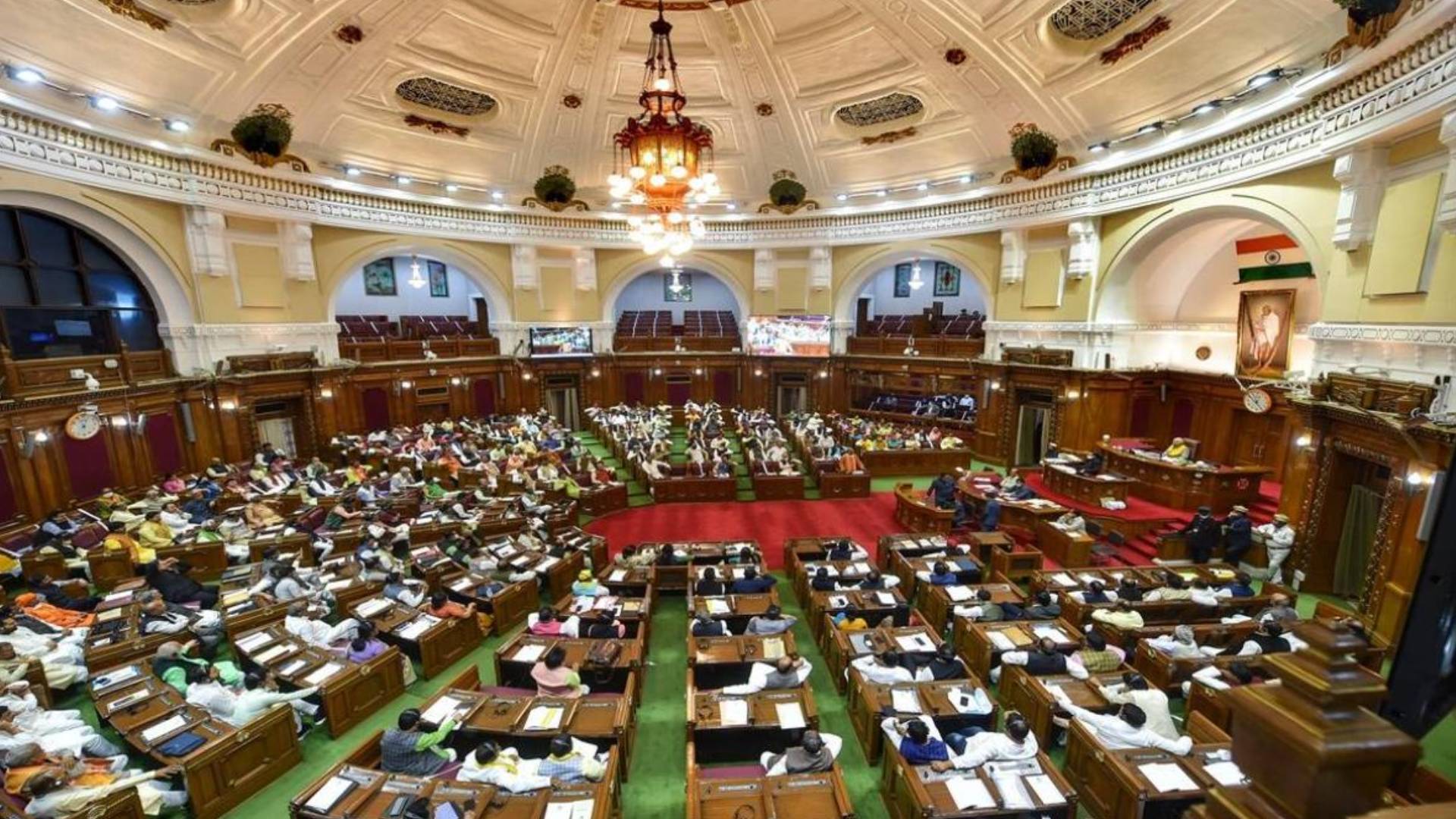Simultaneous Polls: A New Era for Indian Legislation?
The Indian government's proposal to hold simultaneous elections for the Lok Sabha and state assemblies has sparked debate and been referred to a joint parliamentary committee. The Constitution (129th Amendment) Bill and the Union Territories Laws (Amendment) Bill are central to this initiative, requiring significant legislative support.

- Country:
- India
The Indian government's endeavor to hold simultaneous elections for the Lok Sabha and state assemblies represents a shift in the legislative landscape and is the subject of extensive debate. Two pivotal bills have been referred to a joint parliamentary committee for detailed examination, marking the latest development in a series of legislative proposals reviewed since 2015.
The Constitution (129th Amendment) Bill, aiming to synchronize national and state elections, requires robust support within Parliament, demanding a two-thirds majority for approval due to its constitutional implications. Concurrently, the Union Territories Laws (Amendment) Bill seeks to standardize legislative assembly terms across Delhi, Puducherry, and Jammu and Kashmir, needing only a simple majority for passage.
The opposition in Lok Sabha has criticized the initiative as an erosion of federal principles, prompting the government to commit to thorough scrutiny via the joint committee. The panel will assess the bills' components and solicit input from relevant stakeholders before reporting back to the parliamentary body.
(With inputs from agencies.)
ALSO READ
Lok Sabha proceedings adjourned for day amid protests by opposition members over various issues.
Parliament Chaos: Lok Sabha Adjourned Amidst Opposition Protests
Lok Sabha Chaos: Protests Spark Turmoil
Lok Sabha Drama: Sparks Fly Over Soros Allegations and Pandemic Responses
Apology in Lok Sabha: TMC MP Kalyan Banerjee's Remorse Over Remarks










